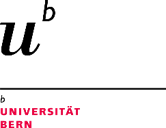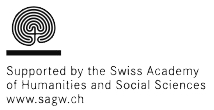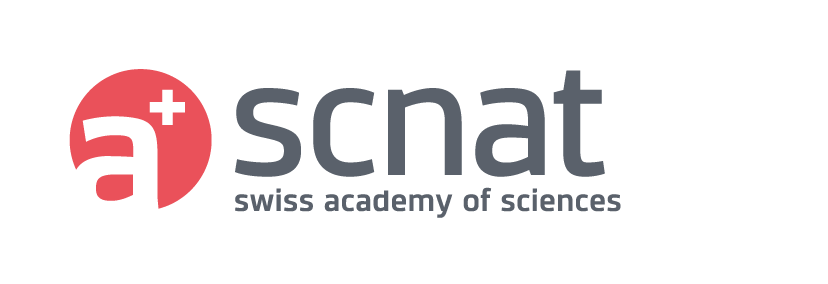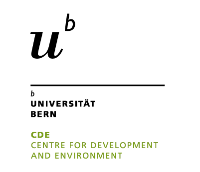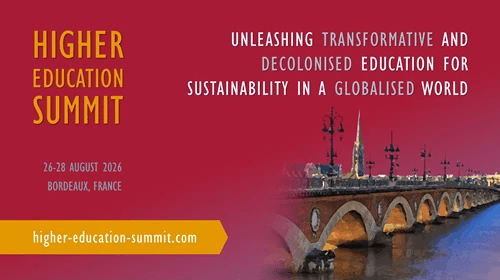
CHALLENGES
Key challenges at the HES2020
WHAT IS "TRANSFORMATIVE LEARNING"?
We have been working with the following definition because it includes many aspects that are crucial for sustainable development:
Transformative learning “(…) involves a deep structural shift in the basic premises of thought, feelings and actions. It is a shift of consciousness that dramatically and permanently alters our way of being in the world. Such a shift involves our understanding of ourselves and our self-location: our relationships with other humans and with the natural world. It also involves our understanding of power relations in interlocking structures of class, race and gender, our body awareness, our visions of alternative approaches to living, and our sense of possibilities for social justice, peace and personal joy” (Morrell & O’Connor 2002, p. xvii)
Reference: Morrell, A., M.A. O’Connor. 2002. Introduction. In: Expanding the boundaries of transformative learning: Essays on theory and praxis. Edited by E. O’Sullivan, A. Morrell, M.A. O’Connor. New York: Palgrave, pp. xv–xx.

CHALLENGE 1:
Values in transformative teaching and research
Where can or should sustainability values be included in research and teaching and how can this be done?

CHALLENGE 2:
Assessing and assuring quality
What indicators should be measured to ensure that higher education can play its leading role in transformation towards sustainable development? How can we make publishing of results part of a sustainable development venture? What other outputs could be defined as both “assessable” and “transformative”?

CHALLENGE 3:
Knowing, doing and leading
Do we have the structures, policies, and quality assurance criteria we need to ensure that this work has traction power for careers? How can the hinge between disciplinary work and inter- and transdisciplinary work be shaped so that it is transformed from an “either/or” barrier to a creative connector? And how can those who have a leadership function adopt servant leadership in an academic world ruled mainly by competition?

CHALLENGE 4:
Professional development for sustainability compentences
How can the community of adult educators support the academic community by sharing experience with ways of teaching that enable transformative learning and education?

CHALLENGE 5:
Students as agents of change
Can we accommodate and support student initiatives within the existing structures of higher education institutions and if yes, how? How can we balance this support with the necessary freedom and flexibility of student initiatives, and allow for potential contradictions with existing structures? How can students support and facilitate transformative learning for sustainable development? And what place is given to their engagement with social actors?

CHALLENGE 6:
Co-producing actionable knowledge with society
How can these new partnerships between science and society be implemented? With what actors (Public administration? Civil society organizations? Business? Politics?) What types of impact can be expected? What kinds of mechanisms exist at universities to promote them? How can researchers’ work in relation to society be acknowledged? What does this imply for quality assurance processes and standards?




